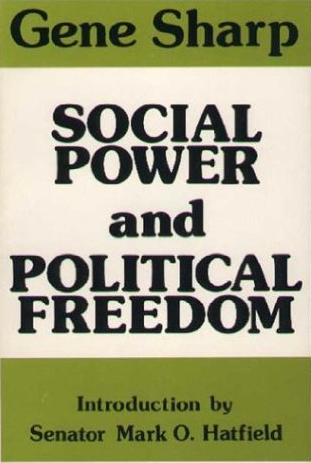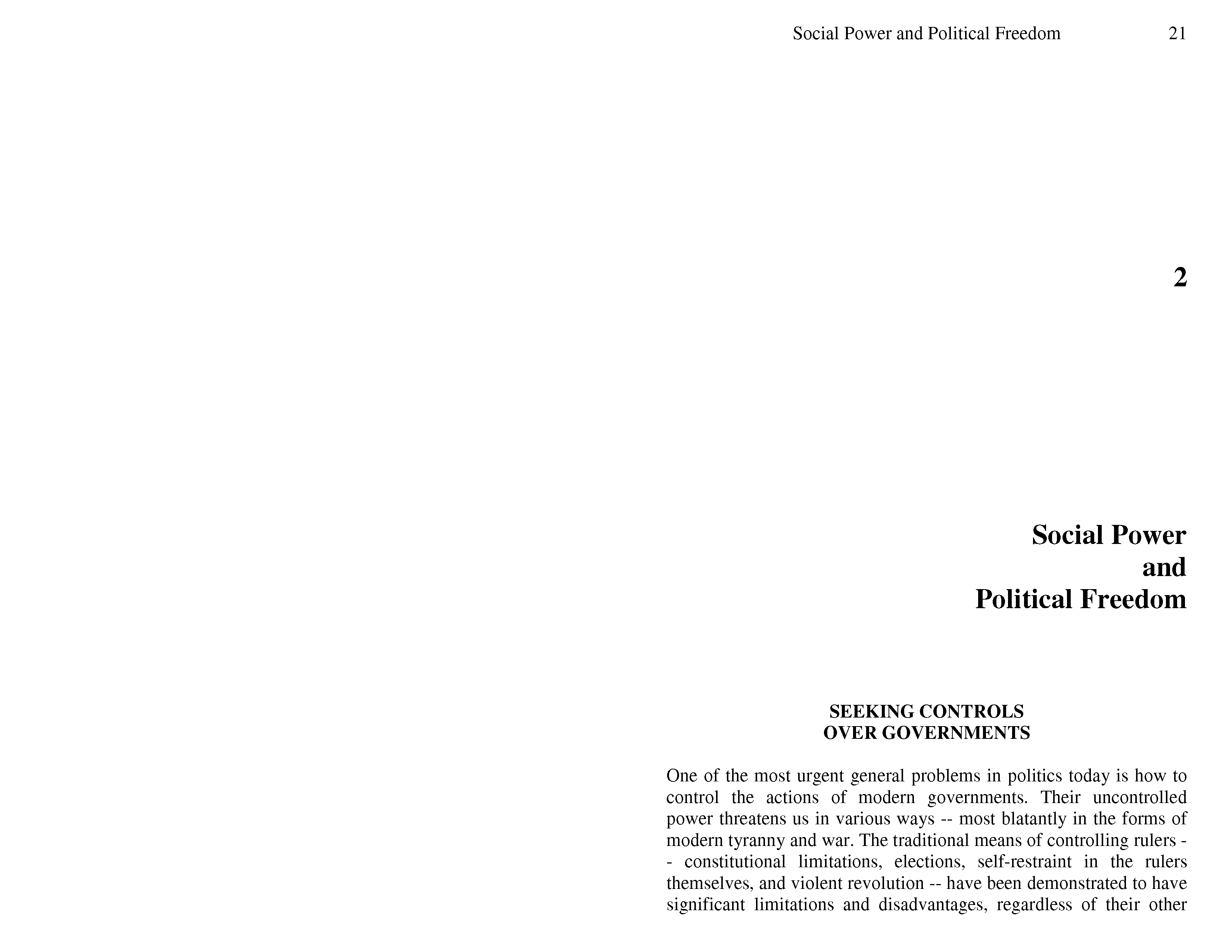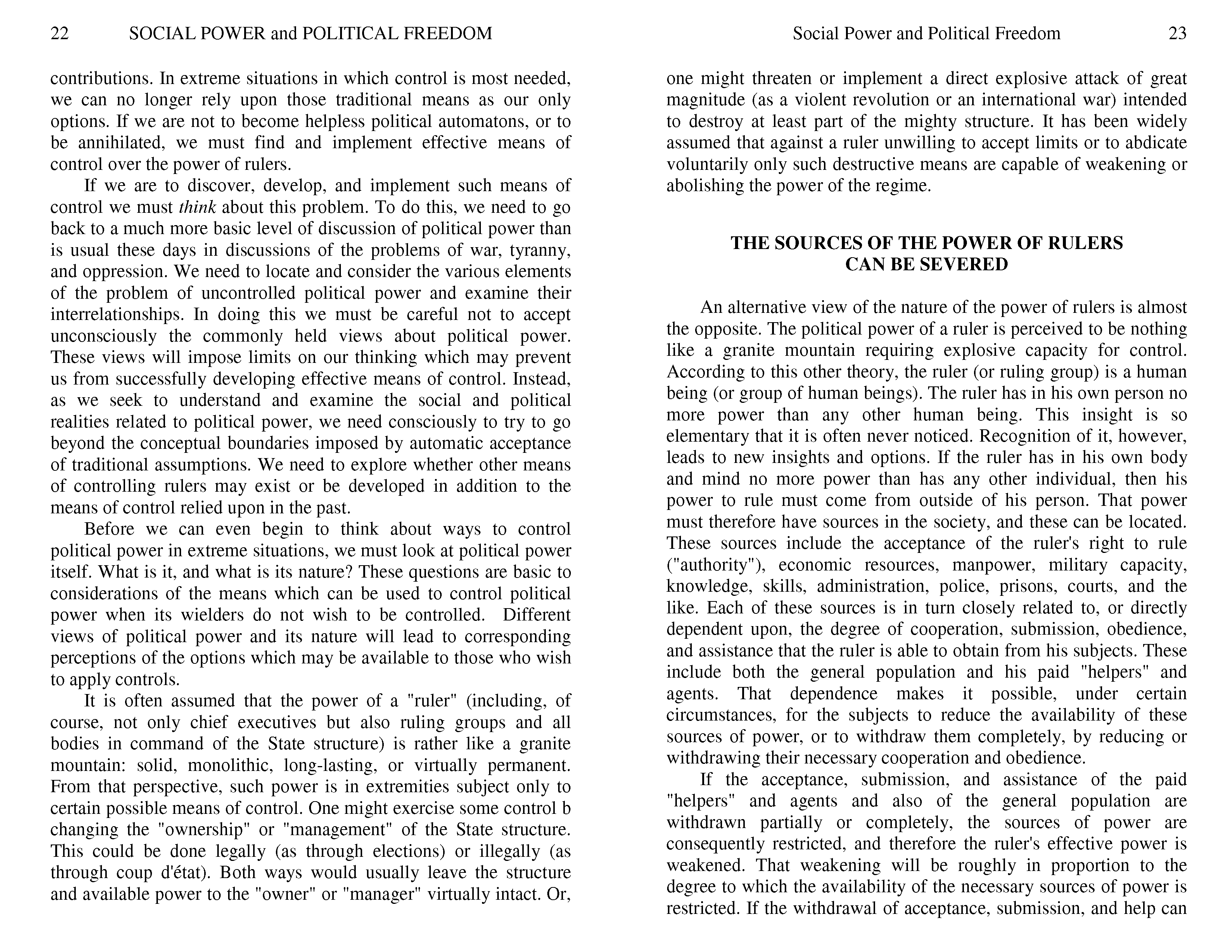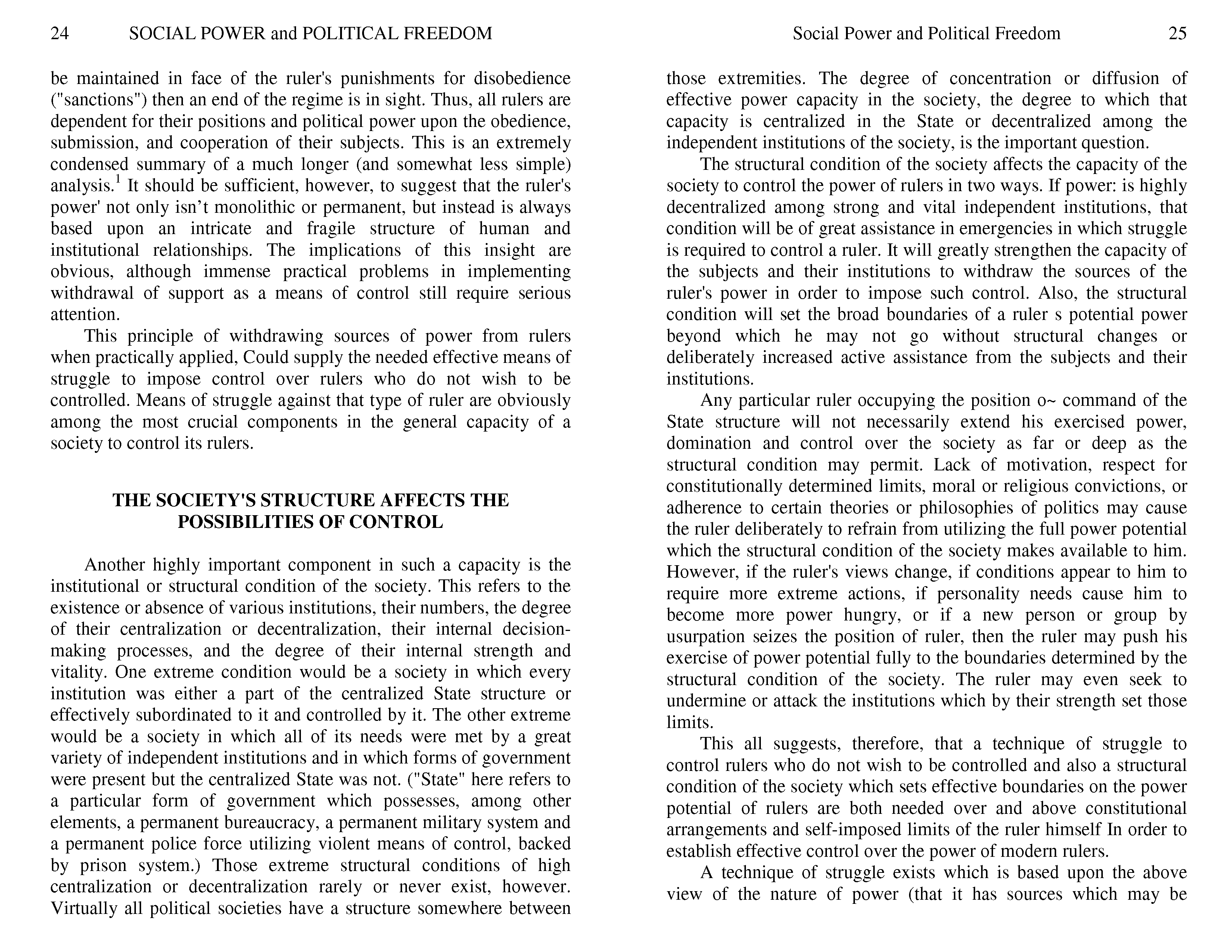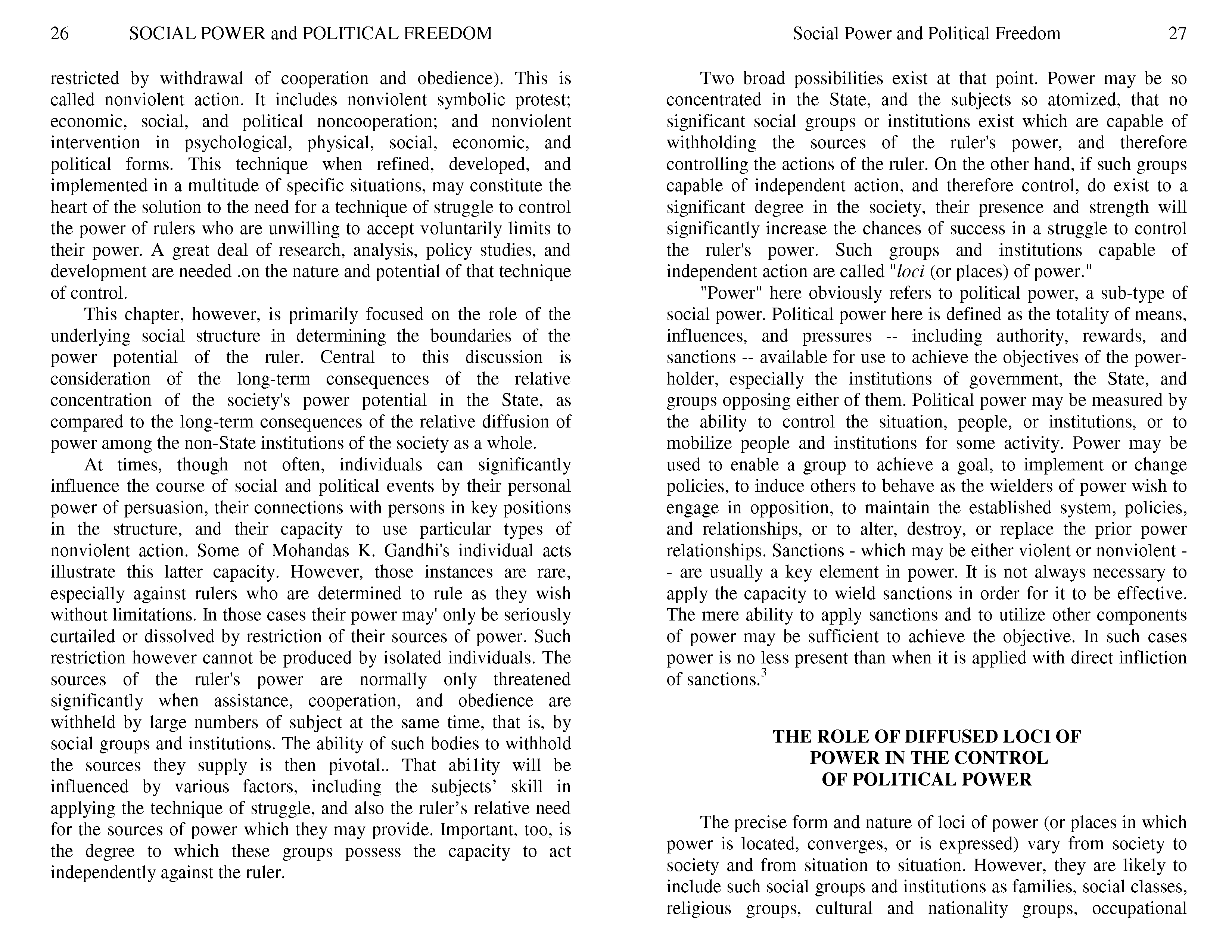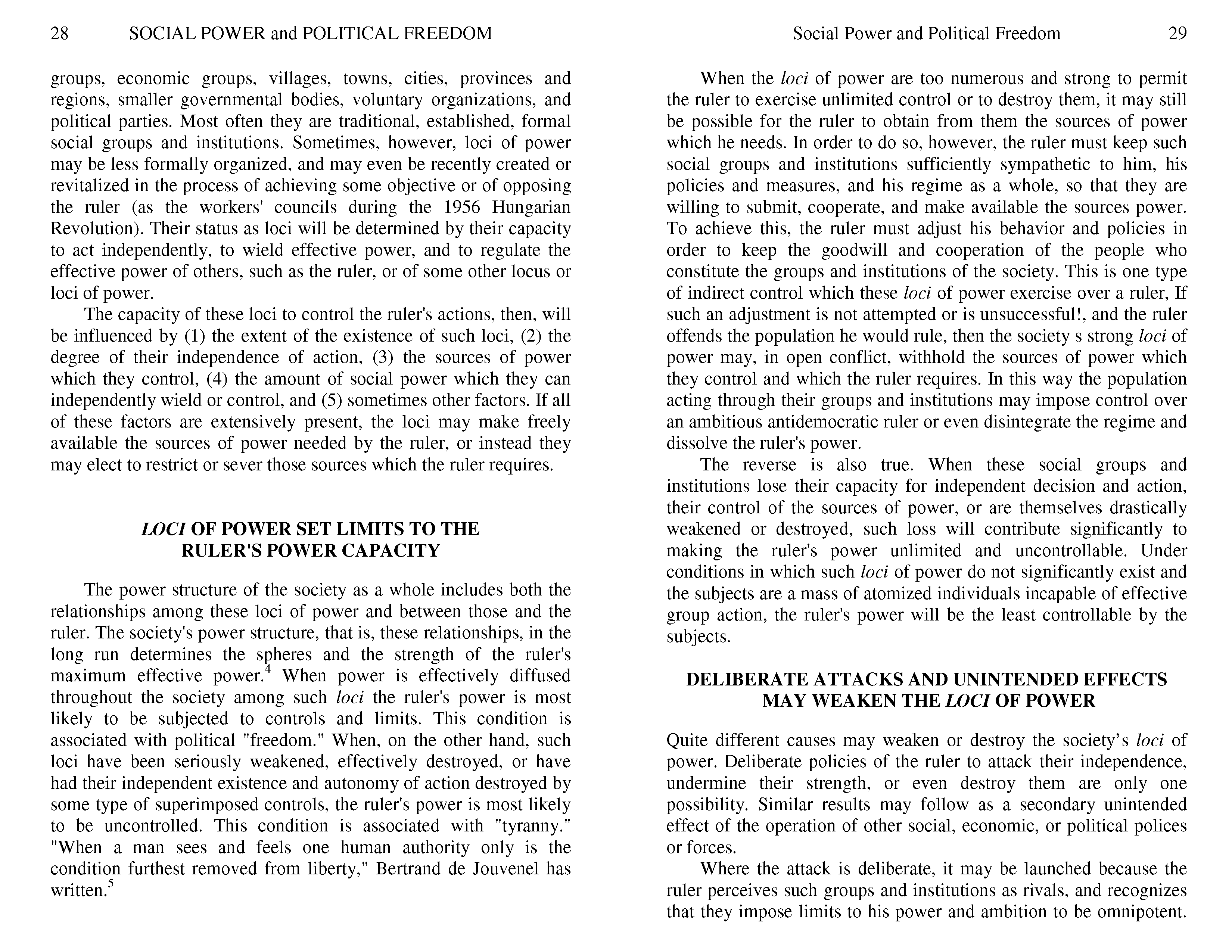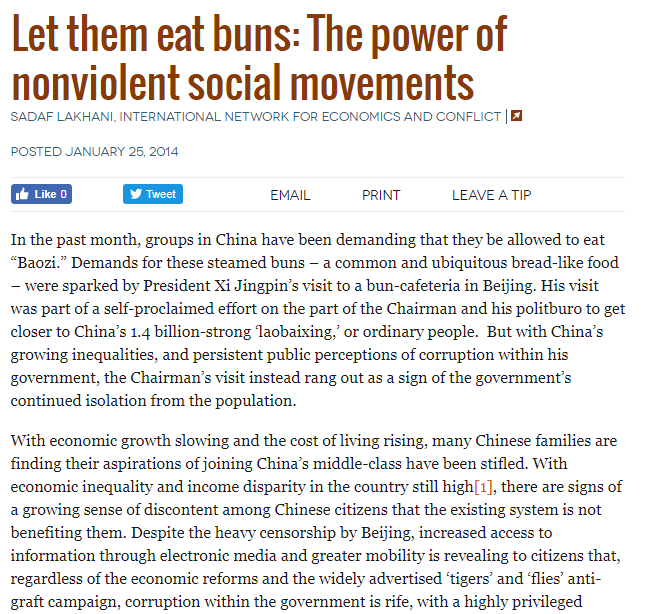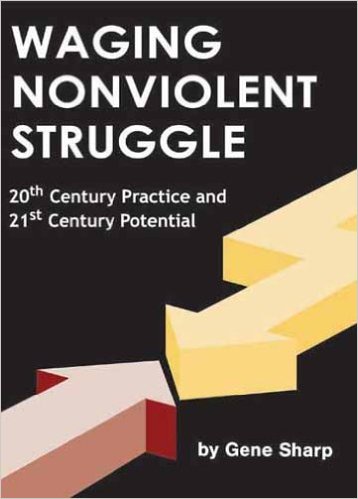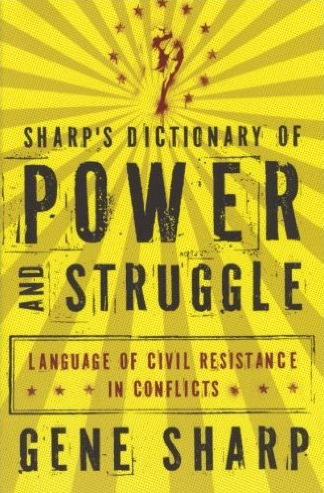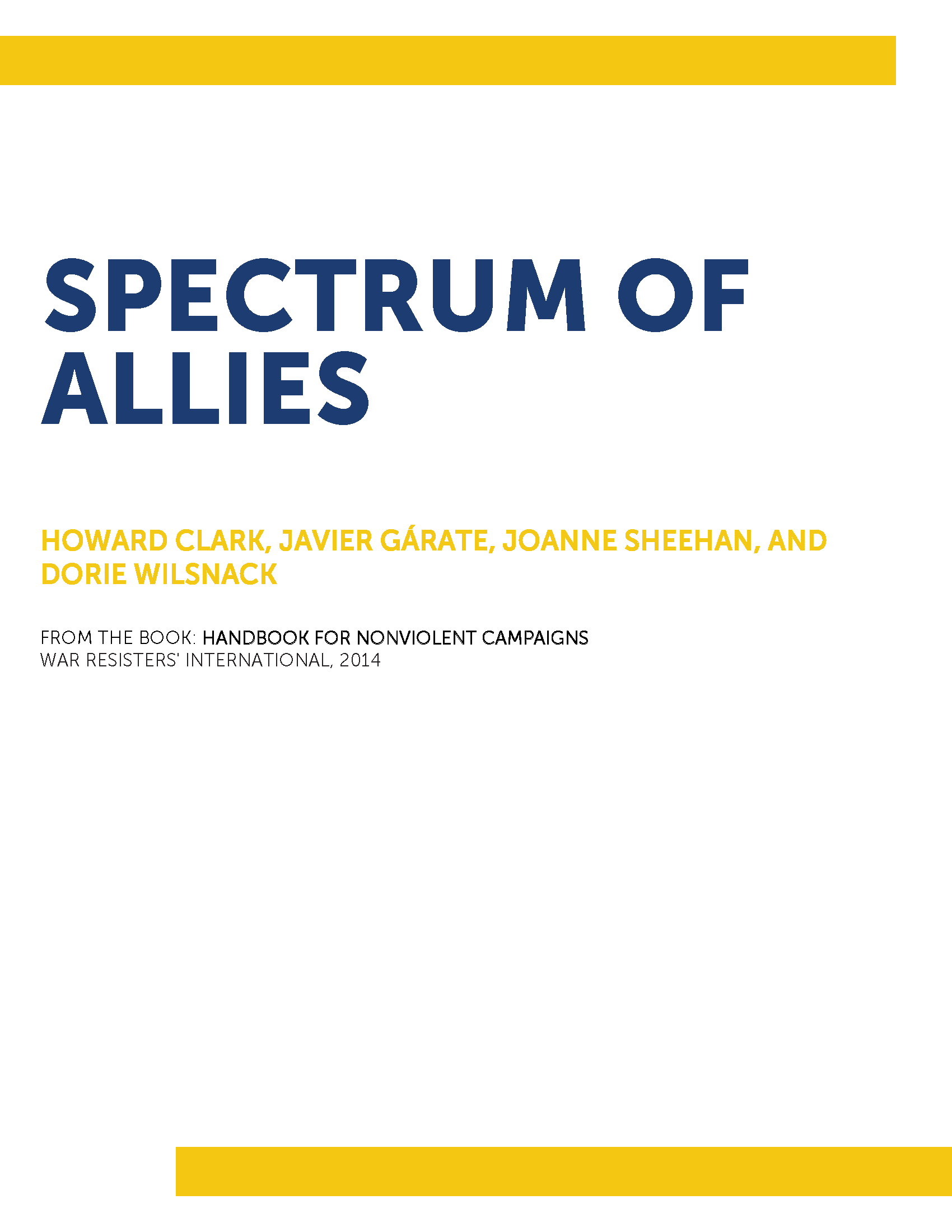Social Power and Political Freedom (Excerpts)
Social Power and Political Freedom might have been called “Rethinking Politics.” These penetrating, readable chapters urge us to think freshly about society’s gravest problems – and to seek new solutions to dictatorship, genocide, war and oppression – unbound by past doctrines.
Note: This resource contains Chapters 2, 4, 7, and 12 of “Social Power and Political Freedom.”
Extending Horizon Books, 1980
Boston, MA
ISBN-10: 0875580912
ISBN-13: 978-0875580913
